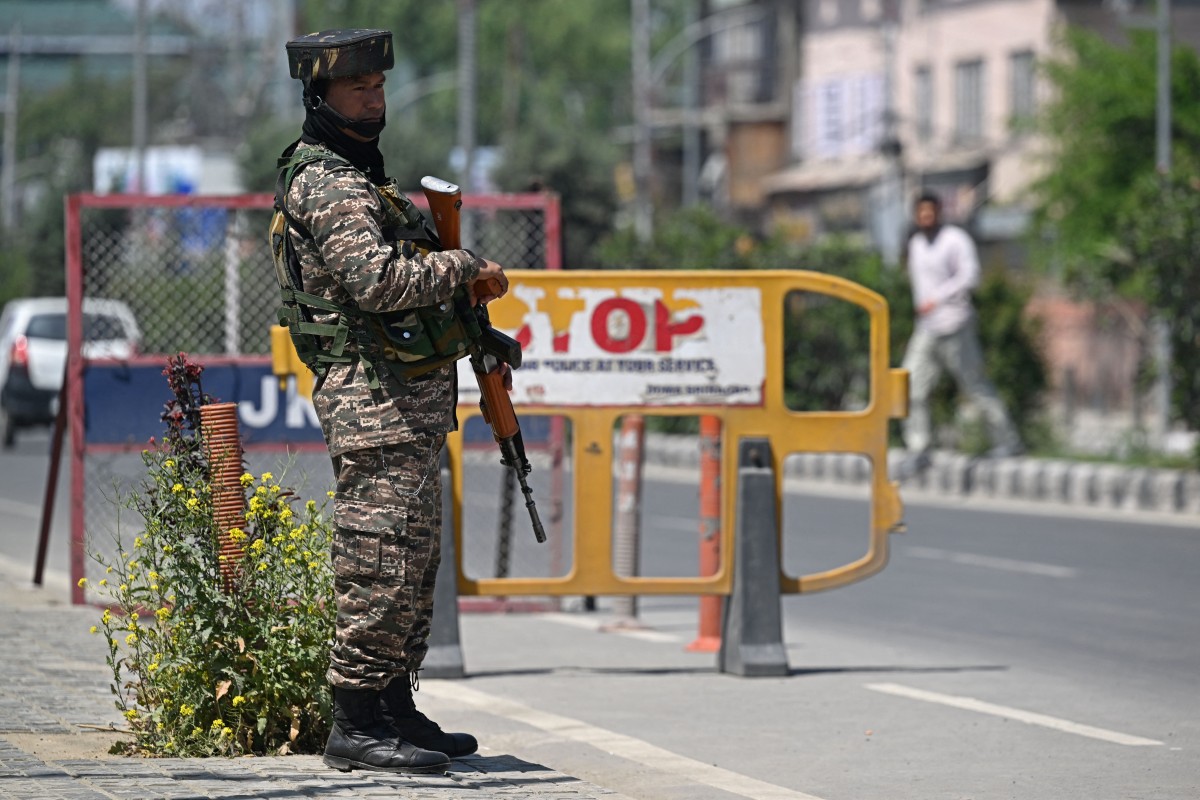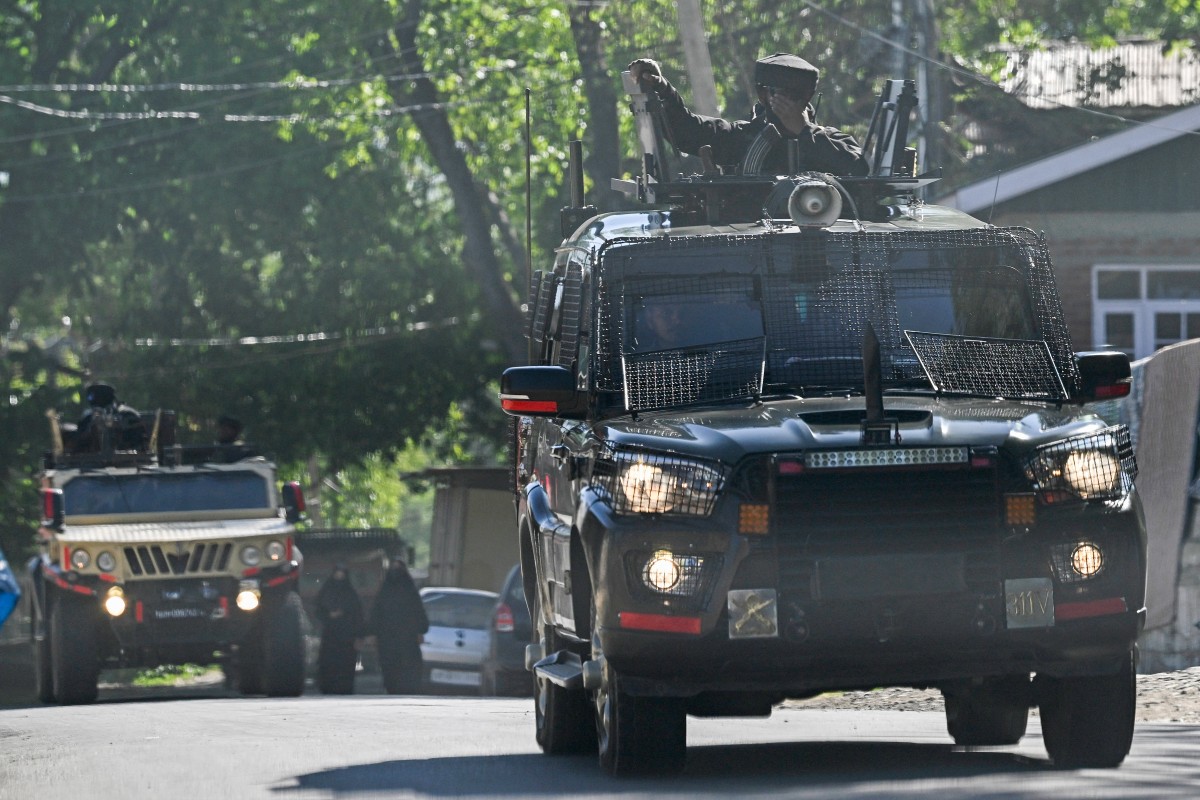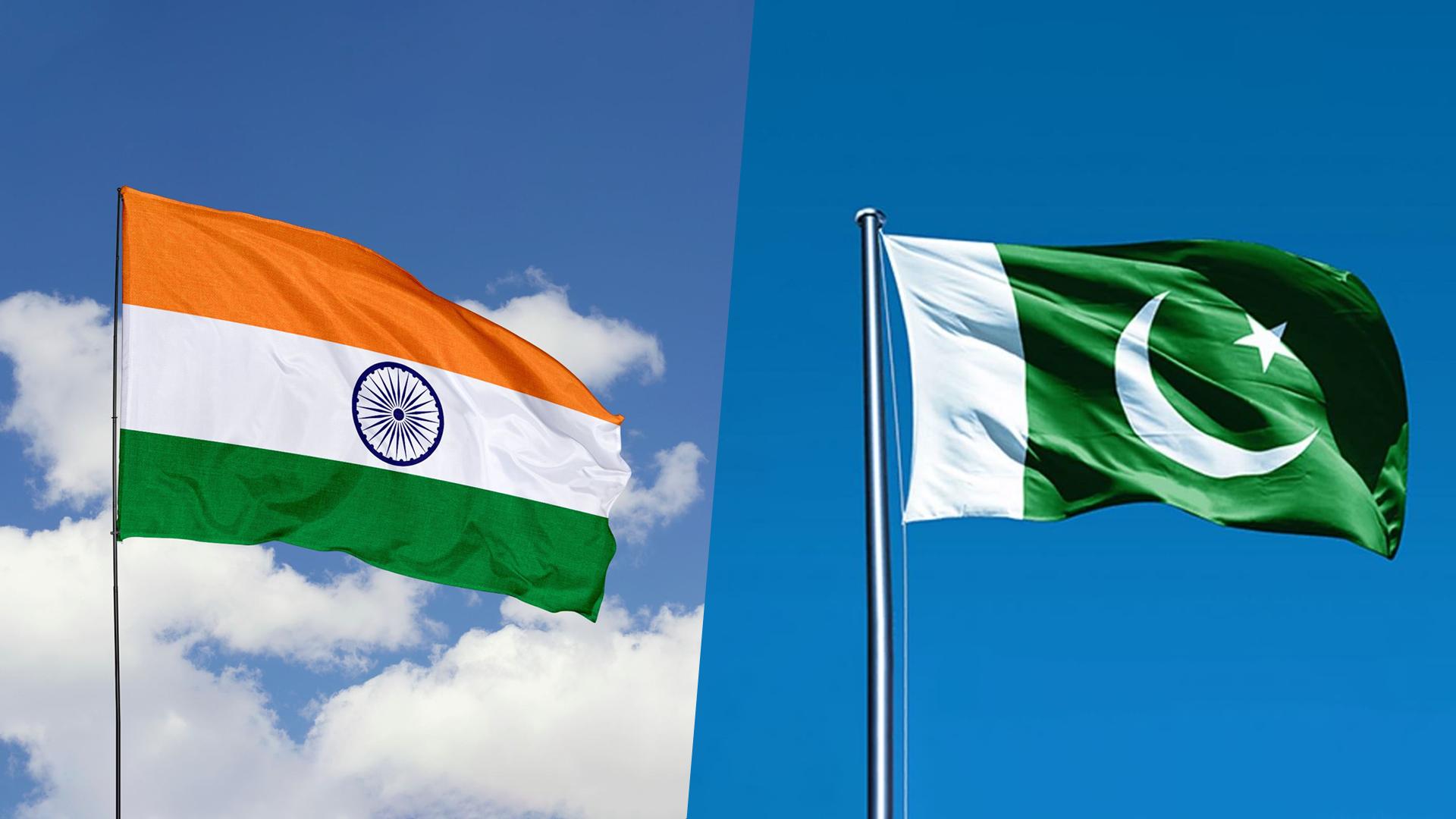
By Agence France-Presse
Pakistan said on Wednesday, April 30, that it had “credible intelligence” that India was planning an imminent military strike and vowed to retaliate, as worries of spiraling conflict grew over a deadly attack in Kashmir.
Relations between the nuclear-armed neighbors have plummeted since New Delhi blamed its archrival Pakistan for last week’s assault on tourists in Pahalgam in Indian-administered Kashmir, the deadliest attack on civilians there in a quarter of a century.
Indian Prime Minister Narendra Modi gave the military “complete operational freedom” to respond to the attack during a closed-door meeting on Tuesday, April 29, a senior government source told AFP.
Pakistan’s government has denied any involvement in the shooting, and information minister Attaullah Tarar said overnight that “any act of aggression will be met with a decisive response.”
“Pakistan has credible intelligence that India intends to launch a military strike within the next 24 to 36 hours using the Pahalgam incident as a false pretext,” Tarar said in a statement early on Wednesday.
However, Foreign Minister Ishaq Dar also said Pakistan would not strike first.
Leaders around the world have expressed deep concerns and urged restraint by the uneasy neighbors who have fought several wars.
Muslim-majority Kashmir, a region of around 15 million people, is divided between Pakistan and India but claimed in full by both nations.
About 1.5 million people live near the ceasefire line on the Pakistani side of the border, where residents were preparing for violence by readying simple, mud-walled underground bunkers reinforced with concrete if they can afford it.
“We are cleaning the bunker to ensure that if the enemy attacks at any time, we are not caught off guard and we can bring our children to safety,” 42-year-old Muhammad Javed told AFP in the village of Chakothi.

De-escalation calls
India’s army said on Wednesday, April 30, that it had repeatedly traded gunfire with Pakistani troops for a sixth straight night across the Line of Control (LoC), a heavily fortified zone of high-altitude Himalayan outposts that represents the de facto Kashmir border.
A Pakistani security source told AFP that two drones were shot down on Tuesday, April 29, near the LoC “after violating our airspace.”
Tensions have been rapidly mounting in the week since the Pahalgam attack, with tit-for-tat diplomatic barbs, expulsion of citizens, and shutdown of border crossings.
“I say to the whole world: India will identify, track and punish every terrorist and their backer. We will pursue them to the ends of the Earth,” Modi said in a statement last week, vowing to pursue those who carried out the attack and those who had supported it.
The bellicose statements have prompted worries of a spiral into military action, with calls for restraint from several nations.
The U.S. State Department said top diplomat Marco Rubio would call his Pakistani and Indian counterparts soon to urge them “to not escalate the situation.”
UN chief Antonio Guterres held calls on Tuesday with Pakistan’s Prime Minister Shehbaz Sharif and Indian Foreign Minister Subrahmanyam Jaishankar in which he “offered his good offices to support de-escalation,” his spokesperson said in a statement.
Sharif’s office said later he had urged Guterres to “counsel India” to exercise restraint while pledging to defend Pakistan’s “sovereignty and territorial integrity with full force in case of any misadventure by India.”

Wanted posters
India and Pakistan have fought over the former princely state since their independence from British rule in 1947, with the border splitting generations of families. Rebels in the Indian-run area have waged an insurgency since 1989, seeking independence or a merger with Pakistan.
Indian police have issued wanted posters for three men accused of carrying out the Kashmir attack — two Pakistanis and an Indian, who they say are members of the Pakistan-based Lashkar-e-Taiba group, a UN-designated terrorist organization.
They have announced a two million rupee ($23,500) bounty for information leading to each perpetrator’s arrest and carried out sweeping detentions seeking anyone suspected of links to the alleged killers.
The worst attack in recent years in Indian-run Kashmir was at Pulwama in 2019, when a suicide bomber rammed a car packed with explosives into a security forces convoy, killing 40 and wounding 35. Indian fighter jets carried out air strikes on Pakistani territory 12 days later.
